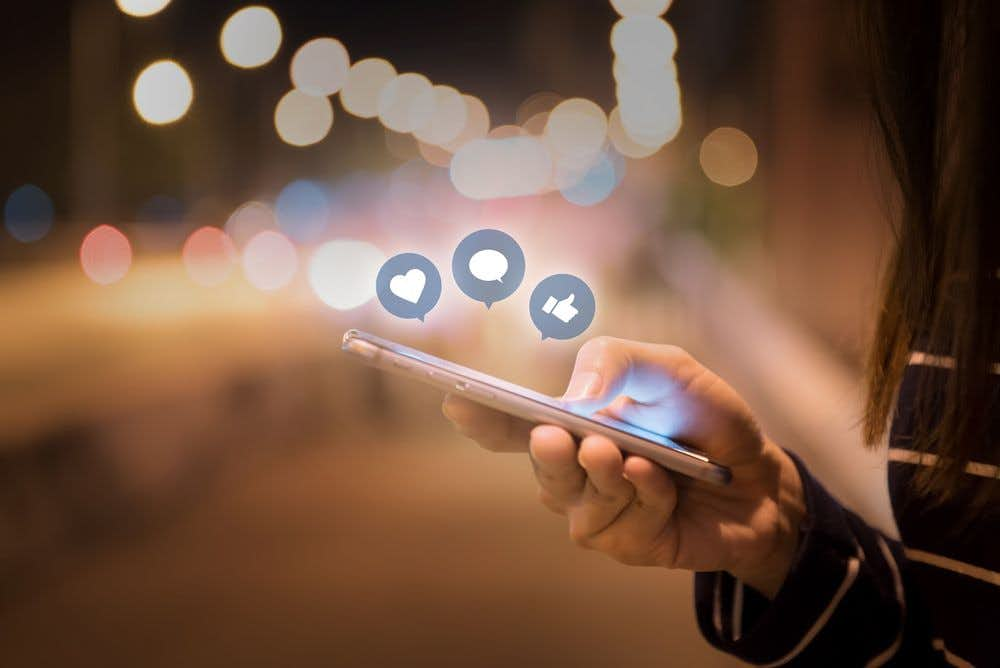April 30th, 2020

‘The obsession with instant gratification blinds us from our long-term potential.” - Michael Dooley

Instant gratification, we all crave it, we all want it. Whether the good feeling comes from buying a new pair of shoes, eating a box of Milk Duds, or getting more Instagram “likes”, that quick burst of happiness is addictive.
One of the most common definitions that sums it up pretty well, is that “Instant gratification is the desire to experience pleasure or fulfillment without delay or deferment.” When you don’t want to put in a lot of effort, but you still want to feel good, instant gratification is your best friend.
Psychology tends to believe that humans act, and live within the “pleasure principle.” Freud and Freudians alike, describe the pleasure principle as “the driving force of the id that seeks immediate gratification of all needs, wants and urges. When these needs aren’t met, we can sometimes experience anxiety or tension.”
Think about a human’s most basic needs; food, water, shelter, and sleep. When you’ve been working for hours and lunch break finally rolls around, you eat your soup, salad, breadsticks and suddenly you’re happy. When that direct deposit hits your bank account, you’re happy, and when you finally get to pet that puppy you’ve been eyeing at the park, you’re definitely happier for it.
Why does all of this matter? Why not leave instant gratification alone, and let people revel in their fleeting happiness? Although any kind of happiness can be helpful to one’s mood, things like instant gratification may not be the best form of happiness to rely on, for ones long-term health.
Instant gratification can sometimes render a person lazy. There may be a goal that someone has set for themself, but maybe the work that needs to be put in to achieve this goal, is over a long period of time and overwhelming. One may forego that long-term (potentially more satisfying goal), for something easier, quicker, and perhaps less relevant.
Let’s say someone has a goal of losing 30 pounds. Although a fantastic goal for one’s health, it is in fact a very long-term, physically and mentally strenuous goal. You have to be prepared to work hard, and know that it will take awhile to see the results and to feel that accomplished, happy feeling.
These kinds of goals can scare people and start to seem too taxing. Instead of losing the weight, the person may just take the easy route and go on a shopping spree for bigger clothes. There is nothing wrong with a shopping spree (trust me), but as soon as the tag comes off those new clothes and they’ve been worn a few times, that same excitement goes away.
Unlike the major accomplishment of losing weight; which leaves you with longer lasting satisfaction and health benefits. In this example, it is clear to see which form of happiness is more beneficial for the person.
The constant experience of short-term happiness that a lot of us receive everyday, has made us more impatient, and less in tune with our self-control. We don’t want to wait for anything.
If you’re hungry you can order Postmates. Want to read a book, download it on your Kindle. Maybe you want to watch some of the latest movies, well you can watch them instantly from the comfort of your own living room. Patience is a virtue and we are losing it.

The importance of being patient is severely undervalued. People get frustrated when they have to work for something, to see positive results. For example, would you rather continue to use your dating app (no shame to dating app users) for that quick fix, for the feeling of being “wanted” if only for a night. Or, would you rather take it slower, get to know a person and eventually meet your life partner. Taking the time, can oftentimes result in happiness that means more.
Years ago, during 1960’s a Stanford psychologist, Walter Mischel conducted the “Marshmallow Test.” To sum it up, Mischel gave kids the option to either eat one marshmallow right away, or to wait for a short amount of time, and receive two marshmallows.
It was found that the kids who waited the short time (only 15 minutes) and received two marshmallows instead of one, ended up better off later on in life. The children (now adults) who waited were found to have more self-control, patience, higher test scores, and higher paying jobs. Just that extra 15 minutes, turned out to be a lifetime of greater successes for those kids.
In today’s world, the 21st century, people don’t necessarily seek their happiness through marshmallows. A lot of people seek happiness from their social media; Instagram, Snapchat, Facebook, and Twitter, are all hubs for that quick dose of happy.
We all “follow” people who live seemingly “better” lives than ours. The fashion blogger who’s on another vacation, or the athlete who broke another world record. We’re genuinely interested in these people, and we enjoy watching their every move, it gives us that “guilty pleasure” feeling.
But once you close out of the app, and you’ve come out of that internet rabbit hole, you may not be feeling as good, or as euphoric as you did before. Sometimes when we’re bombarded with only the best parts of other people’s’ lives, i.e. people posting about their vacations, or time with friends on their Instagram, we may begin to compare ourselves to someone else’s life, even though we are only aware of what Instagram allows.
Another way that people receive instant gratification from social media, are from instances like receiving lots of “likes” or “shares” or “retweets” on an individual’s post. Almost everyone who is active on social media could admit, that they too love that feeling after you get a bunch of “likes” on your photo, or when people respond to something you had to say.

We like to be noticed, so if our internet content is getting attention, of course we’re going to feel good about it. While there is nothing wrong with feeling that happiness, we must not rely on those quick moments to provide our overall happiness. 100 “likes” on your Instagram post, won’t mean anything tomorrow.
To conclude, this article is not to make “instant gratification” sound like the devil. There is nothing wrong with enjoying the instant gratification you get from your social media, an ice cream cone, or that new pair of jeans; soak up all the happiness you can get!
Instant gratification only becomes problematic, when people start to solely rely on it for their all around happiness. The feeling of instant gratification is fleeting, AKA it’s not going to last forever.
The things that will make us happiest (even if not right away), are the things that take the most time. Putting in the work, staying patient and being diligent with self-control, are the real tools in creating longer lasting happiness. If you want to achieve happiness, instant gratification alone just won’t cut it.

Our Services
Virtual/Online CarePHP and IOPAdult PsychiatryChild & Adolescent PsychiatryAdult TherapyChild & Adolescent TherapyCouples CounselingFamily TherapyGroup TherapyPsychological TestingTranscranial Magnetic Stimulation (TMS)Resources
Refer a PatientCareersClinical Training OpportunitiesOur ProvidersFree Mental Health TestsCommonly Prescribed MedicationsLocationsBlogIn The NewsClarity Through CharityClarity for AllQuick Links
Patient PortalFAQsAccepted InsurancesContact us